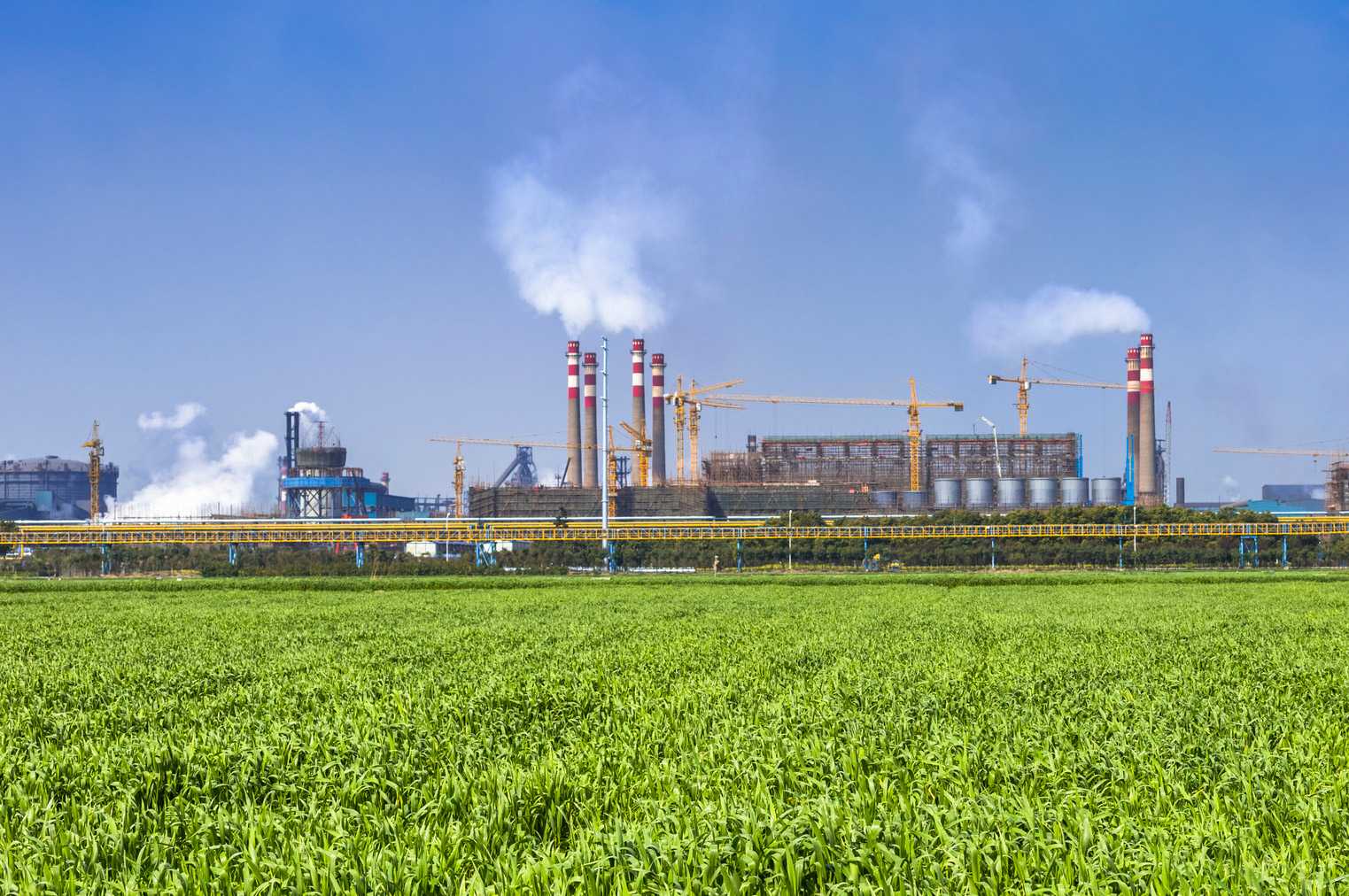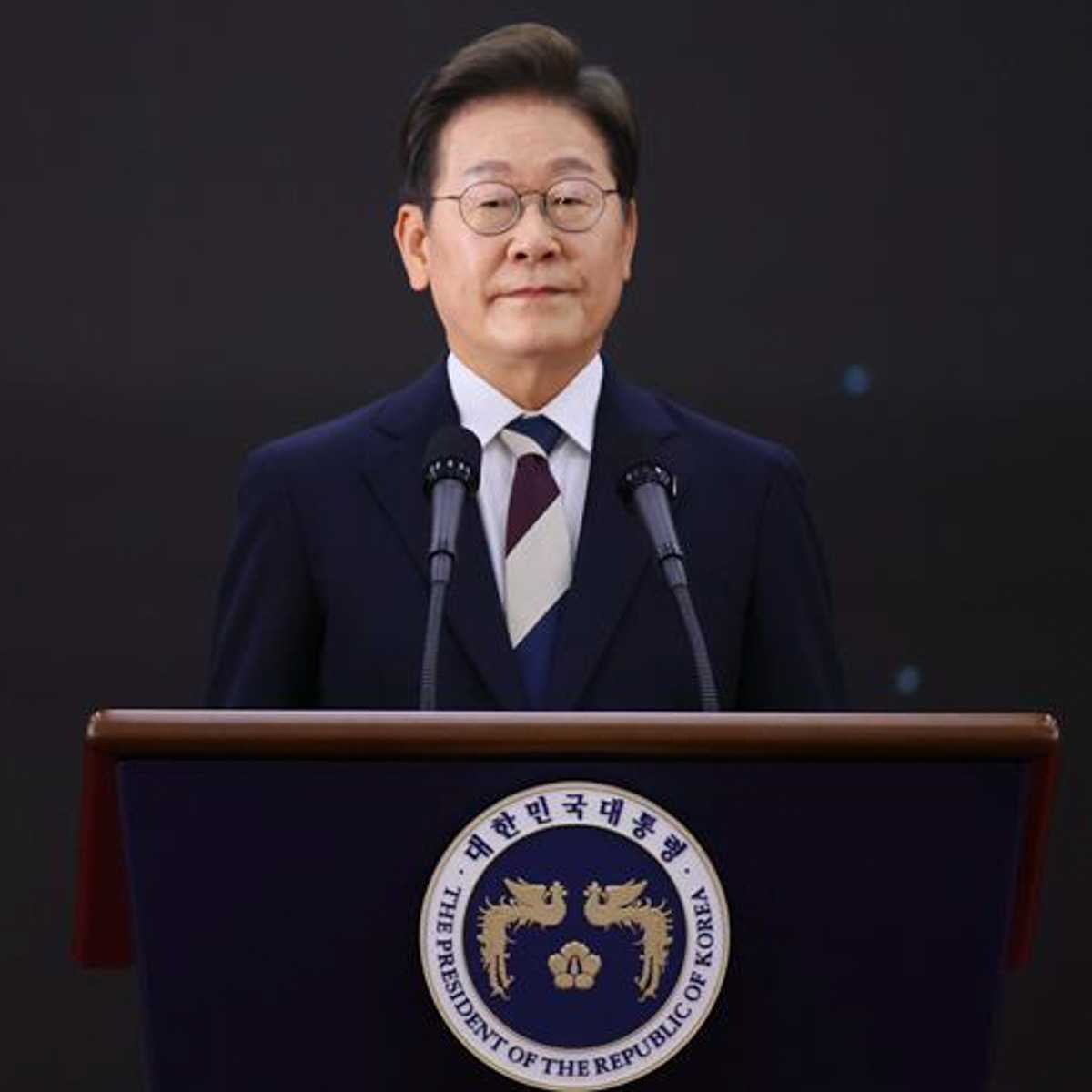

Monday, 25 September marked the final day of the European Chemical Agency’s (ECHA) public consultation on the proposed per- and polyfluoroalkyl substances (PFAS) restriction submitted by Denmark, Germany, Sweden, the Netherlands and Norway. Over the last few months, an unprecedented level of industry and public feedback was submitted to the ECHA—a clear signal that this restriction proposal may have impacts far broader than expected.
On one hand, NGOs and civil society are advocating for a strict restriction, as proposed by the dossier submitters. They champion environmental protection and a toxic-free environment—general concepts with broad support. Some PFAS can be dangerous; that’s not contested. The problem is that PFAS is such a broad family of chemicals that a universal restriction may lead to unintended consequences.
On the other hand, the concerned industries generally support the proposed restriction and agree, at least to a degree, with NGOs and environmentalists on the dangers of PFAS. However, they request exemptions for several classes of PFAS that they view as safe and critical for society. Fluoropolymers stand out in this case. While most industries would be able to phase out other PFAS and find alternatives in due time, fluoropolymers have been singled out by many sectors as being critical and lacking well-performing alternatives. High-level government officials, such as the German Vice-Chancellor, are beginning to share this perspective as competitiveness and industrial strength come back to the top of the EU’s agenda.
Hundreds of submissions to the public consultation have demanded that fluoropolymers must be excluded from the scope of the restriction. The substances are crucial for many European industries, including medical devices, semiconductors, electronics and renewable energies. Concretely, this means that chemicals which are essential for the EU Green Deal’s targets and the Net Zero Industry Act could soon be banned in the EU. While authorities seek to ban the entire broad family of PFAS as defined by the OECD to prevent “regrettable substitution”, industry has countered that substances such as fluoropolymers are not justified to include in the scope due to their substantial differences from other PFAS. The concern is simple: how can the EU reach its strategic targets, decouple from China and become an independent green economy when it is about to propose a blanket restriction that will impact all these goals? The European Commission, which is tasked with drafting the final restriction proposal, will have to find a delicate balance between the two camps.
German Vice-Chancellor Robert Habeck came out in support of a more balanced restriction proposal: in his opinion, it is possible to restrict PFAS while ensuring that there is no overregulation and by exempting strategic technologies from the scope, restricting the substances where they are dangerous and can be substituted by alternatives. This comes as the first sign of internal Member State struggles, as one of the dossier submitters starts questioning its own proposal.
Next Steps
In the next three to six months, ECHA’s Committee for Socio-Economic Analysis (SEAC) and Committee for Risk Assessment (RAC) will issue their opinions on the proposal, which the Commission will then take into consideration while drafting the restriction. What the Commission proposes will remain to be seen, especially since the current Commission’s mandate is coming to an end and the restriction process is known to take years of consideration.
The controversy surrounding this restriction proposal does not come as a surprise. Over the last few months, a growing sentiment of overregulation has been spreading across the EU. Industries are expressing their worries about the administrative and operational burdens they will face as they start implementing the EU Green Deal while the Commission continues to propose more legislation. As the tension between sustainability and economic growth increases, stakeholders in industry and the wider public will need to consider their place in this debate carefully. Industry can strategically engage with the legislative process, and ensure that Member States and EU legislators remain transparent in their policymaking, charting a path to ensure access to critical substances where needed while phasing out the most harmful substances as soon as possible.
APCO alumnus Colin Reisser co-authored this piece.


